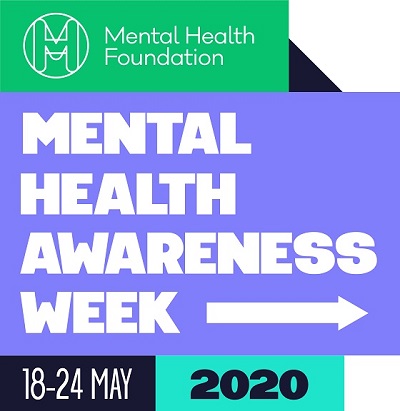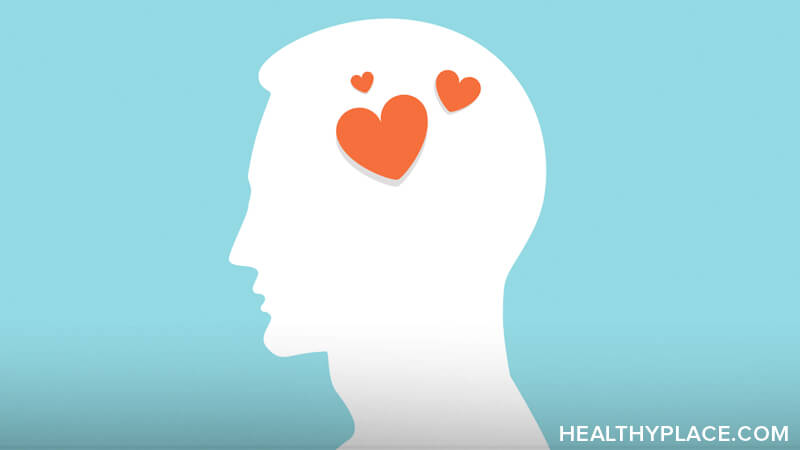NHS Health Scotland. [seen 24 August 2016] Offered from: http://www.healthscotland.com/uploads/documents/20387-PractitionerGuide.pdf RCPSYCH, 2014. NAS Resources [online] Royal College of Psychiatrists (how art affects mental health). [seen 24 August 2016] Available from: Courses for All, no date. Walking football [online] Paths for All. [viewed 27 August 2016] SAMH, no date. Get Active [online] Scottish Association for Mental Health.
Institute of Psychiatry, Health center das Clnicas, Professors of Medication, University of So Paulo So Paulo/SP, Brazil. Email: [email protected]!.?.! Physical activity is an important public health tool used in the treatment and avoidance of different physical illness, along with in the treatment of some psychiatric diseases such as depressive and stress and anxiety disorders. Although the number of reports of the effects of physical activity on psychological health is gradually increasing, these studies have not yet determined the systems included in the advantages and threats to mental health connected with workout. This post examines the info readily available concerning the relationship in between physical activity and mental health, specifically attending to the association between exercise and state of mind. State of mind. Sports. Workout. A atividade fsica, por seus efeitos no tratamento e na preveno.

de vrias patologias, um importante instrumento de sade pblica, sendo til, inclusive, no tratamento de doenas psiquitricas como transtornos depressivos e ansiosos. Todavia, alm dos benefcios, a atividade fsica tambm est associada a prejuzos para a sade mental, aparecendo ligada a quadros como" exerccio excessivo" e "sndrome de' overtraining'", segundo alguns estudos. Este artigo procura revisar os conhecimentos disponveis sobre as relaes entre atividade fsica e sade mental, principalmente no que se refere ligao existente entre exerccio e humor. Unitermos: Sade mental, humor, esporte, exerccio. Exercise is advised to the basic population by lots of medical entities including the Centers for Illness Control and Avoidance( CDC )and the American College of Sports Medicine( ACSM) due to the fact that it is thought about an essential tool for the enhancement of public health. In addition, physical activity has actually increasingly been suggested to people with or without illness in order to enhance their lifestyle. On the other hand, exercise can compromise mental health, specifically when performed in a more intense manner. The understanding of the effects of exercise on mental health, for that reason, has the possible to influence, in numerous elements, the scientific practice of a http://lorenzolxok616.almoheet-travel.com/what-is-mental-health-stigma-can-be-fun-for-everyone psychologist or psychiatrist, on one hand, as an auxiliary tool in the avoidance and treatment of psychiatric illness, and as a tool in the promo of a more satisfying quality of life, or on the other hand, as a cause of issues that require sufficient medical diagnosis and efficient treatment. Studies that examined the association between exercise and psychological health were searched. Only human-based studies composed in English were chosen. Medline database was consulted for short articles launched from 1990 up until 2002, relating the following keywords( in keywords field ):" sports "," exercise", "mood, "and" depression". This search results page in 762 referrals. All posts that did not have the main focus on this relationship Addiction Treatment were omitted.
Articles with a concentrate on athletic injuries, personality profiles, athletic efficiency, drugs( medical or not), and handicapped professional athletes were omitted too. This screening resulted in 87 referrals. Bibliographic recommendations in the selected short articles and books on the theme were likewise sought advice from. 2 It has been understood for several years that regular exercise brings advantages to individuals with depressive and anxiety symptoms,15-22 a reality confirmed in recent studies. 23-25 In addition, exercise improves the lifestyle of clients with nonpsychiatric diseases such as peripheral arterial occlusive disease28 and fibromyalgia29 and assists in the relief of such varied conditions as nicotine abstinence30 and menopause. Studies have actually revealed that people without psychiatric symptoms who routinely exercise experience much better moods than those who do not,31-34 nevertheless, it ought to be noted that an association.
in between improvement of mood and medium- or long-lasting physical activity has not regularly been shown for regular individuals. 33-36 On the other hand, there are studies reporting enhancement of different other aspects such as self-confidence,37 vigor,38 basic wellness, and complete satisfaction with physical appearance. 35 The effects of routine exercise on mood have primarily been studied utilizing aerobic workout,38,39 but evidence shows that anaerobic physical activity, such as body structure or flexibility training, can also minimize depressive.
5 Easy Facts About How Nutrition Affects Mental Health Pubmed Shown

symptoms. 18,22,35 In contrast, no consensus exists with regard to stress and anxiety signs, with some authors reporting that anaerobic activity is as reliable as aerobic workout,17 while others do not. 50 Numerous psychological hypotheses have been proposed to discuss the advantageous impacts of exercise on psychological health, the main being 1 )distraction, 2) self-efficacy, and 3) social interaction. The distraction hypothesis15 recommends that diversion from unfavorable stimuli.
causes an improved state of mind throughout and after workout. The self-efficacy hypothesis20 proposes that, since exercise can be viewed as a difficult activity, the ability to get involved in it in a routine way might lead to enhanced mood and confidence. In addition, physiological hypotheses have likewise been raised to discuss the results of exercise on psychological health, the two most studied ones being based on 1 )monoamines and 2 )endorphins. The very first hypothesis is supported by the fact that exercise increases the synaptic transmission of monoamines,15,51 which allegedly work in the very same way as antidepressive drugs. 15,52 The second hypothesis, nevertheless, is based on the observation that exercise triggers the Substance Abuse Treatment release of endogenous opioids( endorphins" endogenous morphines"), basically beta-endorphin. 15,51,53 Apparently, the repressive impacts of these compounds on the central nerve system are responsible for the experience of calm and improved state of mind skilled after workout,54 but this has yet to be validated. 54 A last unclarified point is the reality that some studies54,56 have reported that opioid receptor blockers such as naloxone or naltrexone reduce the affective response to exercise, thus preferring a function of endorphins, however there are examinations opposing this hypothesis. 35,41,57 No consensus exists concerning the relative significance of the above.
mentioned hypotheses( both psychological and physiological) in discussing the association between exercise and state of mind enhancement. 35 In order to get an accurate meaning of this model, a better understanding of the mechanisms that link physical activity to each of these hypotheses and of the systems that link these hypotheses to enhanced mood is required. This understanding will most likely result in a design in which mental and biological elements interact in a particular and concatenate manner, and which varies according to ecological stimuli and the mental and biological attributes of each person.